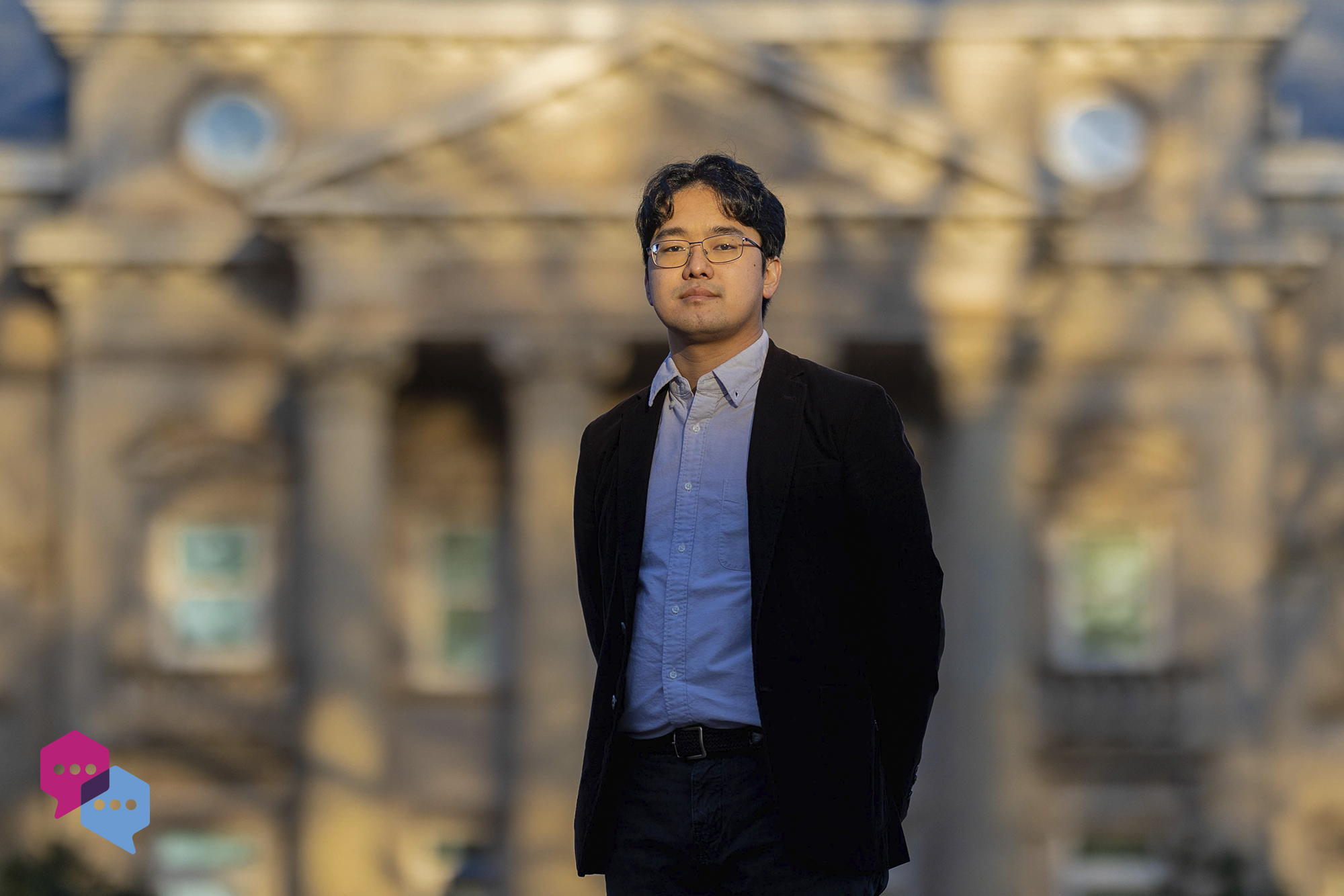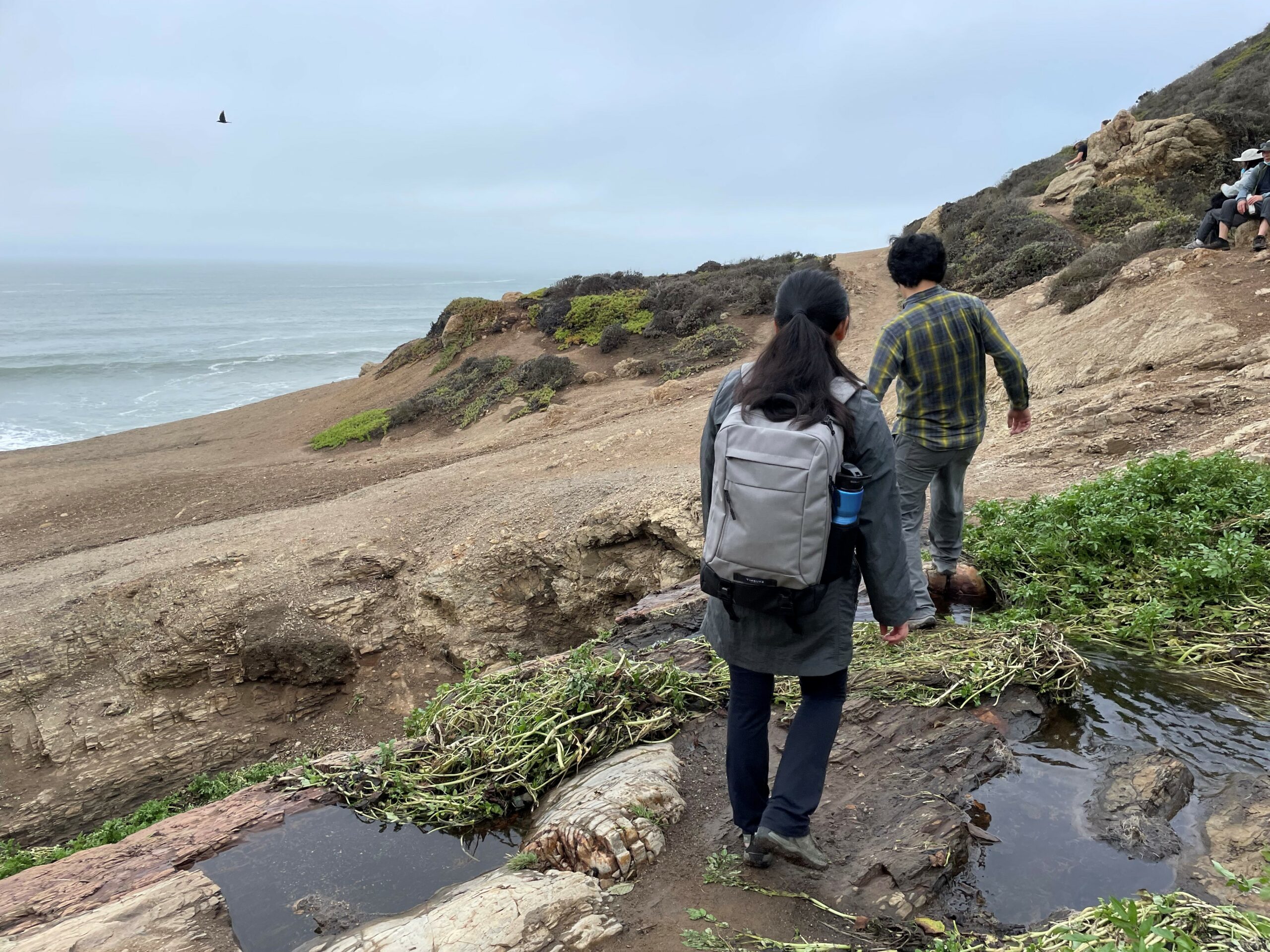Eduardo Tadafumi Sato
Eduardo Tadafumi Sato is a PhD candidate in the Department of Music within the UNC College of Arts & Sciences. He studies how music is defined across national borders and unpacks the social and political definitions of what makes music “national,” specifically within Brazil.
By UNC Research
January 26, 2022
Arts & Culture · Research Uncovered · Society

Q: When you were a child, what was your response to this question: “What do you want to be when you grow up?”
A: I don’t remember having any particular response to this question. I remember that once I went to a school parade dressed as an engineer, but I think that this costume was just what was available at home because my father was an engineer. I recently heard that during a kindergarten activity, I mentioned that I wanted to be a writer when I grew up.
Q: Share the pivotal moment in your life that helped you choose your field of study.
A: During my last semester as an undergraduate student, I took a class that brought me into the archives of musicians. I enjoyed reading about past performances, imagining how the music sounded in the past, and uncovering the many curiosities lying inside those mysterious folders and boxes. While I’ve always been fascinated with the idea of traveling and learning about different cultures — which I did a lot during college, particularly watching and listening to a lot of music — diving into the archives seemed to open the perspective of traveling through time and unveiling an array of different music histories.

Q: Tell us about a time you encountered a tricky problem. How did you handle it and what did you learn from it?
A: My research is about writing histories that I find in archives situated across borders. I try to find a balance between a history of Brazilian music written in Brazil and the way in which this history is received abroad. Most of the time I conduct research in an archive, I find documents that throw new light onto these historical narratives. Sometimes, the information I find has ethical implications or challenges a lot of the scholarship, which leads to new questions. So while archives solve some problems, they also create new ones — and I learn a lot in this process.
Q: Describe your research in 5 words.
A: Music that defi(n)es national borders.
Q: What are your passions outside of research?
A: I enjoy traveling to different places. The experience of being in another place — seeing other landscapes and people, tasting different flavors, hearing new sounds — always gives me energy and motivation. It reminds me of the diverse forms of living, which keeps me grounded and aware of my own position in the world.
Research UNCovered delves into the lives of UNC researchers from all disciplines and career levels, showcasing not only their research prowess but personal experiences in academia and beyond. Know someone we should feature? Nominate a researcher.
